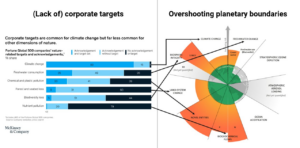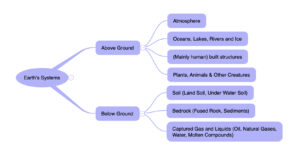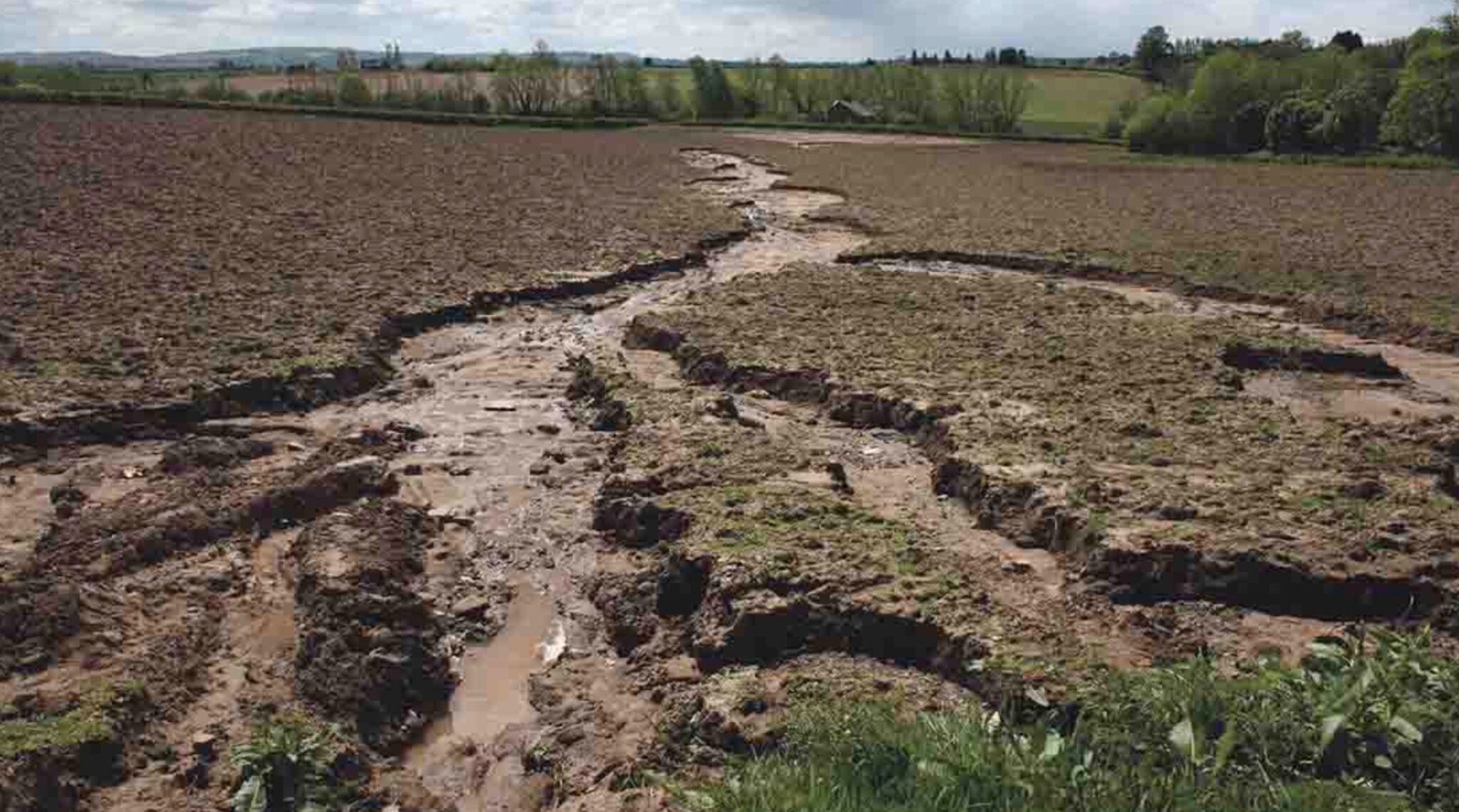Climate & Environmental Activism is Missing Something Big
Climate change activists, rule makers and ESG focused corporations are ignoring one of the planet’s critical components for human, plant and animal life. The consequences of this omission are making the situation worse, to even existential levels of concern.
The reason they miss this critical component is a gap in their way of thinking that would make Aristotle put his head in his hands and weep.
What I’m talking about is plain old soil, and the gap in people’s thinking is something called mutually exclusive, collectively exhaustive, or MECE.
Soil is a Much Ignored Big Deal
Almost all environmental action and commentary is concerned about the atmosphere (usually man-made emissions), the biosphere (usually rainforests and biodiversity), or rivers and oceans (pollution, plastics and biodiversity). Here’s an example from McKinsey highlighting broader corporate concerns, which is fairly typical.

Soil barely gets a mention. So to give you an idea about how serious the soil problem is, here’s a world map showing a snapshot of soil degradation

Soil is being eroded by around 3.4 tonnes per person on earth every year, which is about 1cm from an area the size of Belgium every year. The cumulative effect on heavily tilled crop growing areas such as the US Great Plains or UK’s East Anglia has been a loss of about 50% of the top soil since this style of farming began.
If your big concern is carbon, the soil contains almost 3 times as much carbon as the atmosphere, and more than 4 times the carbon of all the plants and trees on earth. Flows of carbon from the atmosphere into the soil and out again are more than 6 times total human emissions.
If you’re concerned about life more broadly, there are more organisms in a tea spoon of healthy soil than there are people on earth and more than 10,000 species of microbe. If you’re just concerned about humanity, I’ll state the obvious: it’s what our food and our animals’ food grows in, and we’re losing it very quickly in depth, area and quality.
Because soil health isn’t part of the broader climate and environmental thinking, some actions we’re taking with a heavy focus on reducing carbon in the atmosphere actually make soil degradation worse. This includes the expansion of monocrops such as soy and corn that produce food with superficially lower carbon footprints than traditional foods, but which destroy soil health and depth. It also includes actions to reduce populations of those great healers and creators of healthy soil, ruminants.
What Makes Aristotle Weep
Even honest thinkers miss the threat to soil because they don’t categorise problems in a way that’s mutually exclusive collectively exhaustive, or MECE. This discipline divides up an area of interest into its different components in a way that none of them overlap (mutually exclusive) and that together they make up the whole area (collectively exhaustive). Think of it like breaking a subject into pieces like a new jigsaw puzzle, where all of the pieces fit together with no overlap and create the whole picture; before your 2 year old mixes it with an old one and feeds a few pieces to the dog. This technique goes back to Aristotle.
If we apply MECE to the Earth’s systems we get something like this.

If you do this MECE exercise, you capture all the important areas that make the headlines and dominate the zeitgeist, but you don’t miss soil.
It’s the same with any MECE breakdown of a big complex area: you can see the complicated big picture in more manageable ways, but you also make sure you don’t miss something important when looking at that big problem.
If McKinsey had done this test and not just listened to their survey respondents they would have captured the important subject of soil health that no one at all was talking about.
Don’t Worry, We’re on the Case
I don’t want to leave you worried. The regenerative, soil healing and building, movement is picking up momentum, and it’s starting to get the ear of both farmers themselves and the people who historically made the soil damaging laws and established the mono crop subsidies.
But the critical thinking point is that next time someone presents an issue as the big one, or a list of issues as the ones you should pay attention to, make our boy Aristotle happy and do the MECE test to make sure they haven’t missed a doozy.




